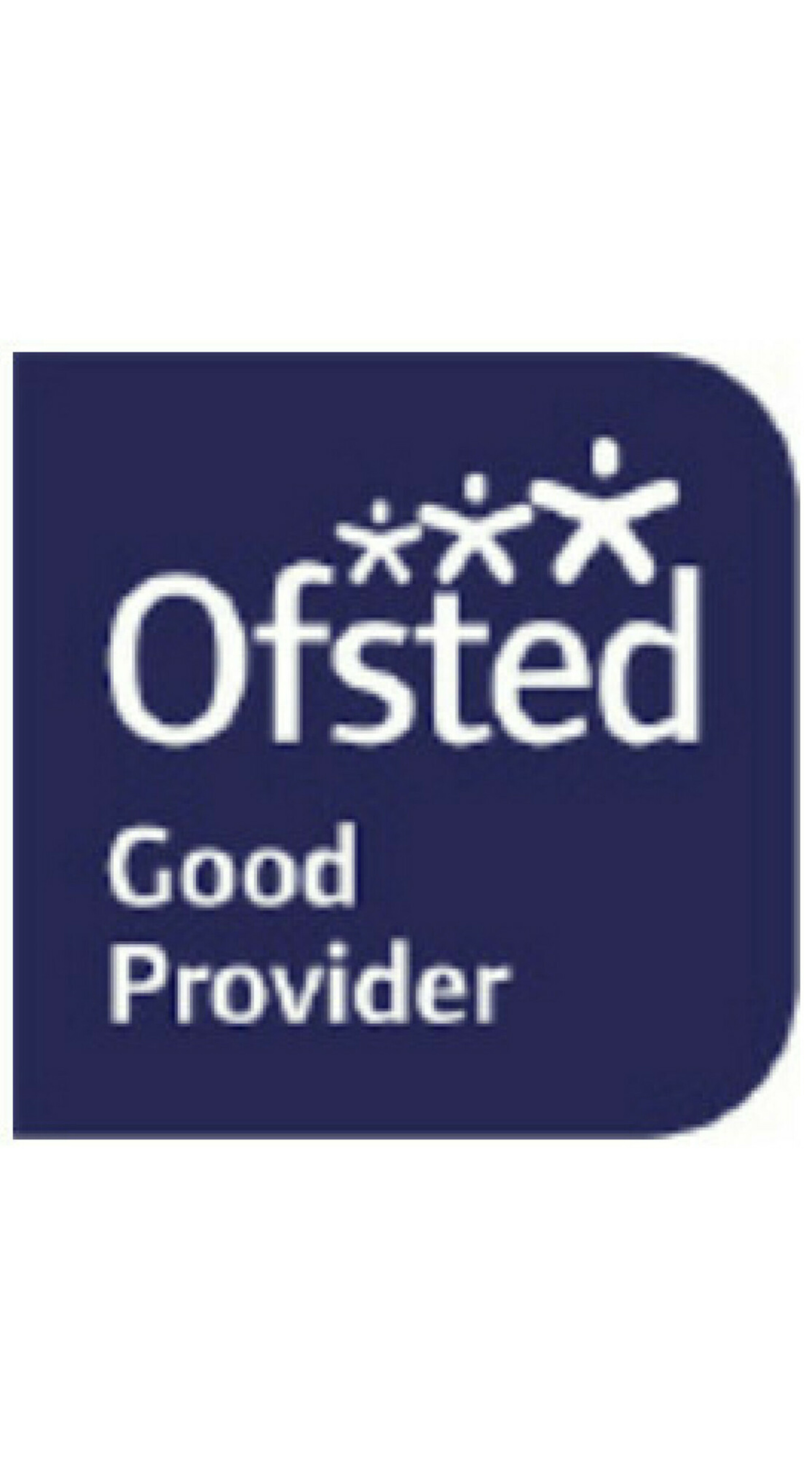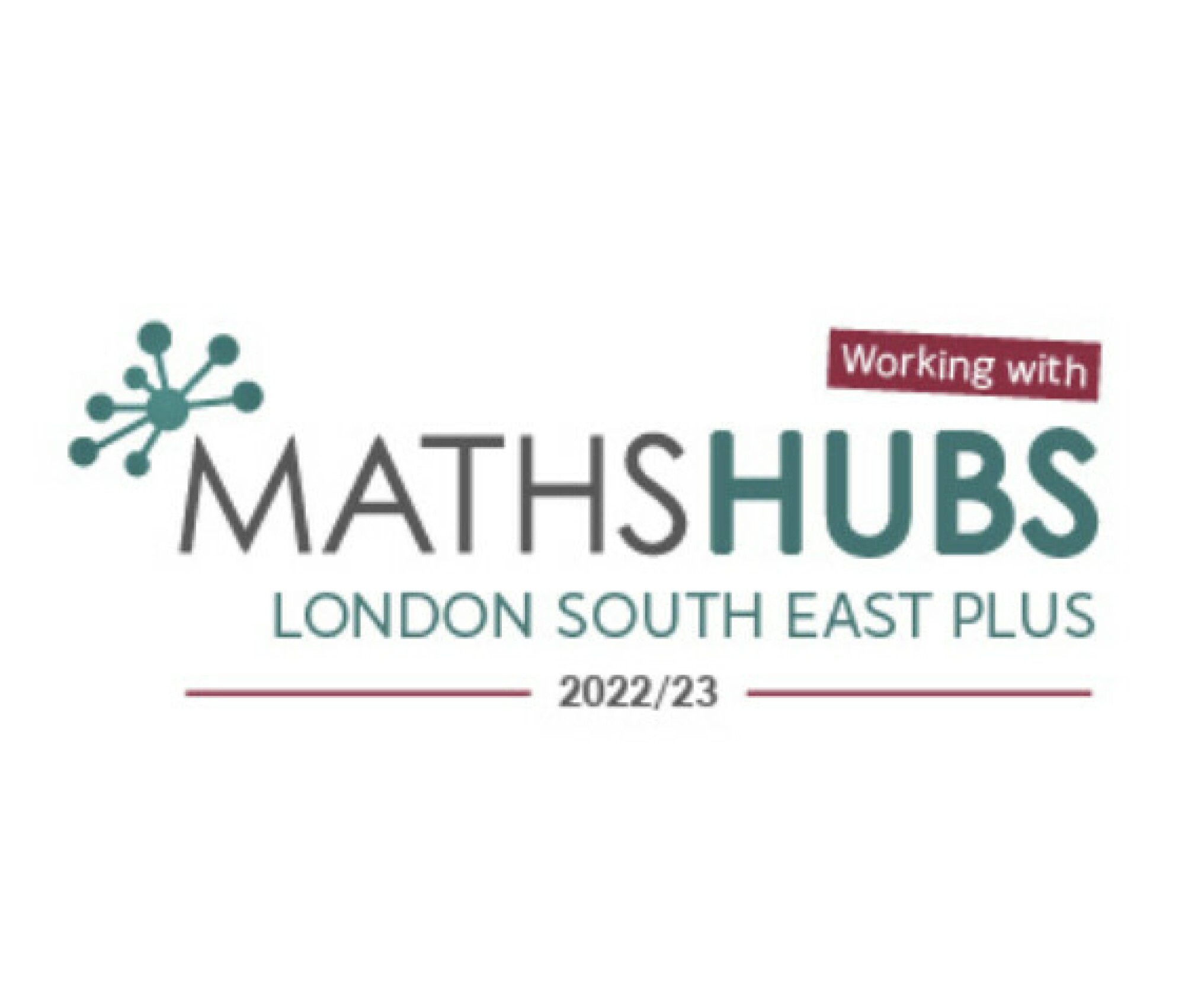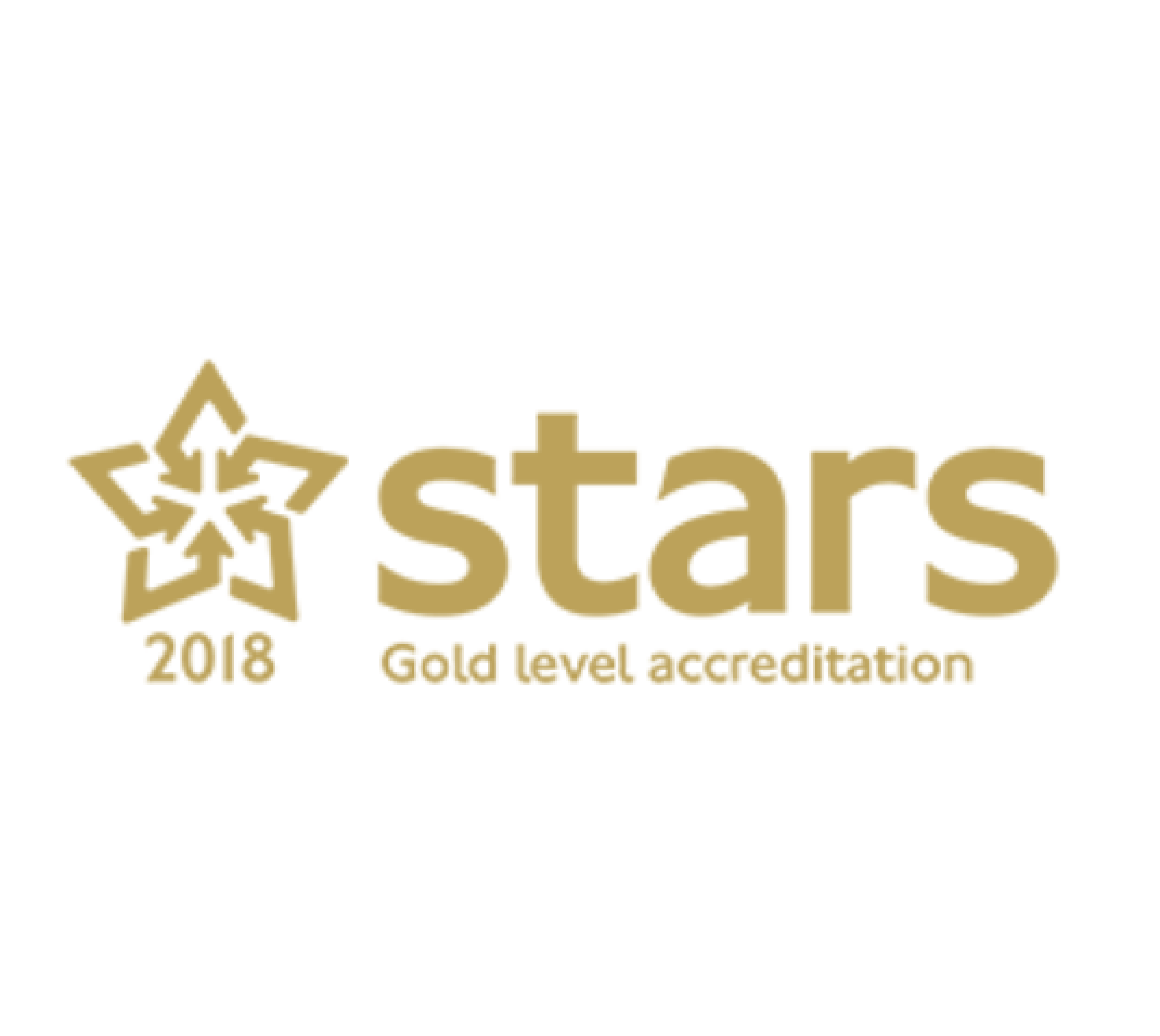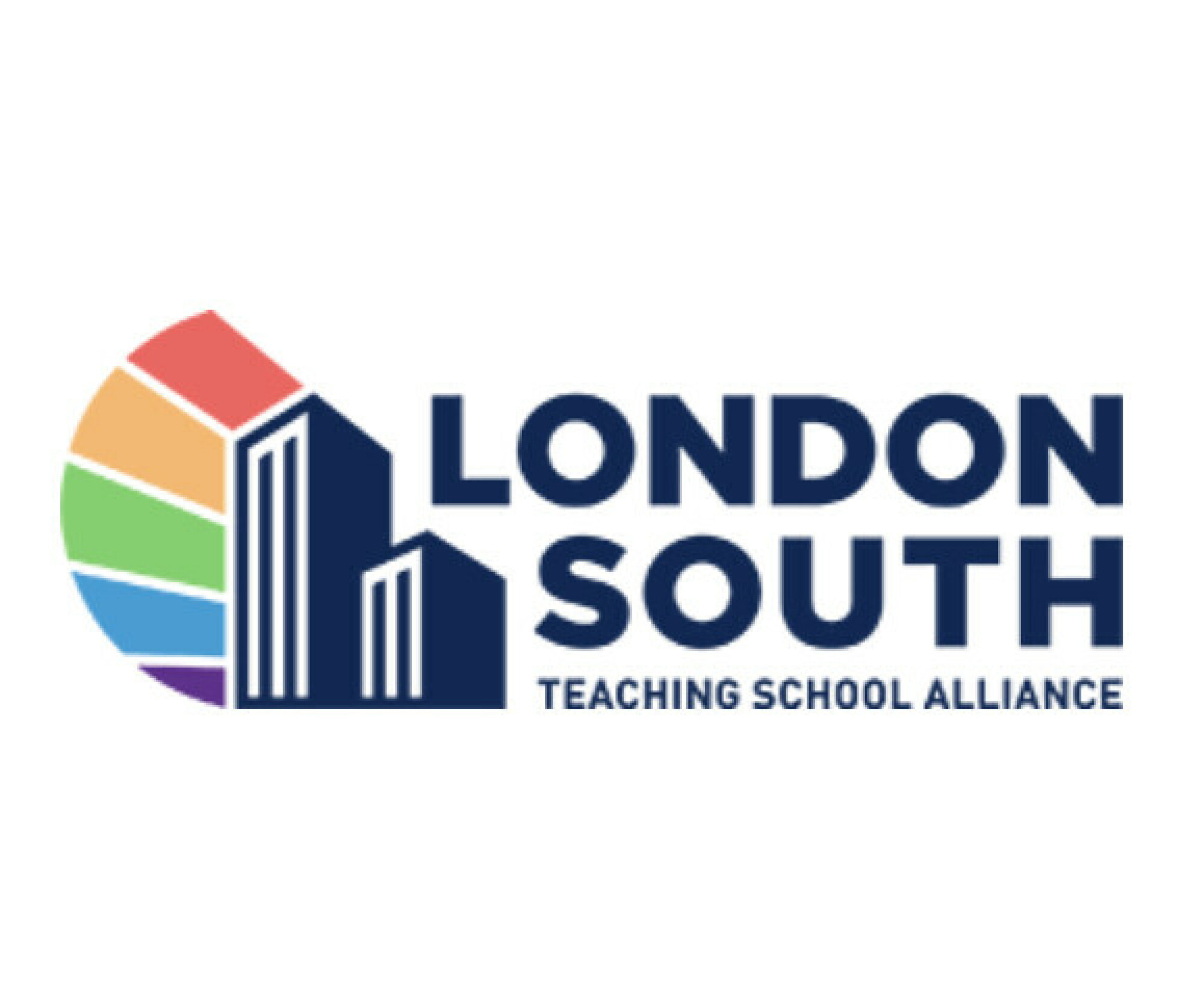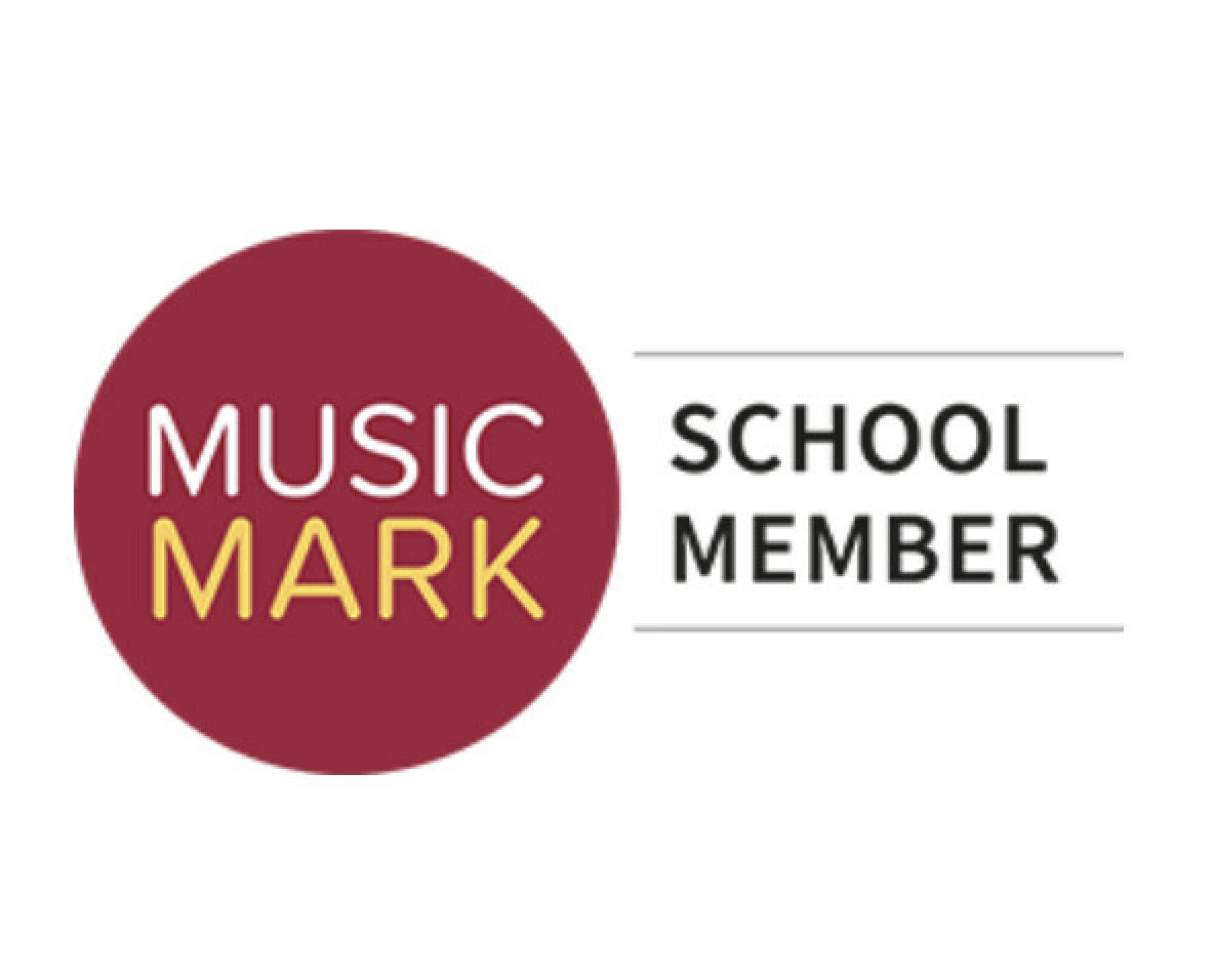RE
Intent
Here at Heber we believe in fostering a nurturing environment that promotes pupils to have confidence in their own growing sense of identity as well as understanding, tolerance and respect for diverse cultures and beliefs. Our RE curriculum teaches pupils to develop insight and understanding for others, including people of different faiths and beliefs, and helps challenge prejudice while encouraging empathy, generosity and compassion. We provoke challenging questions about the meaning and purpose of life, beliefs, the self, issues of right and wrong, and what it means to be human. At Heber we encourage pupils to be confident and able to safely express their views and opinions.
We strive to create an atmosphere where children can explore and appreciate the rich tapestry of beliefs that make up our local community here in East Dulwich, as well as the wider global community. We are passionate about neither promoting or undermining any particular religious, spiritual or secular stance. We aim to contribute to the spiritual, moral, social, emotional, cultural and intellectual development of pupils through RE learning.
Implementation
Our Religious Education (RE) curriculum is based on the Southwark Agreed Syllabus for Religious Education 2018, because an agreed syllabus for religious education sets out what all schools in a local authority should include in their RE programme.
If you would prefer your child to be removed from RE lessons, please contact the school office who will be able to pass on your request to the appropriate school leader. adminoffice@heber.southwark.sch.uk

